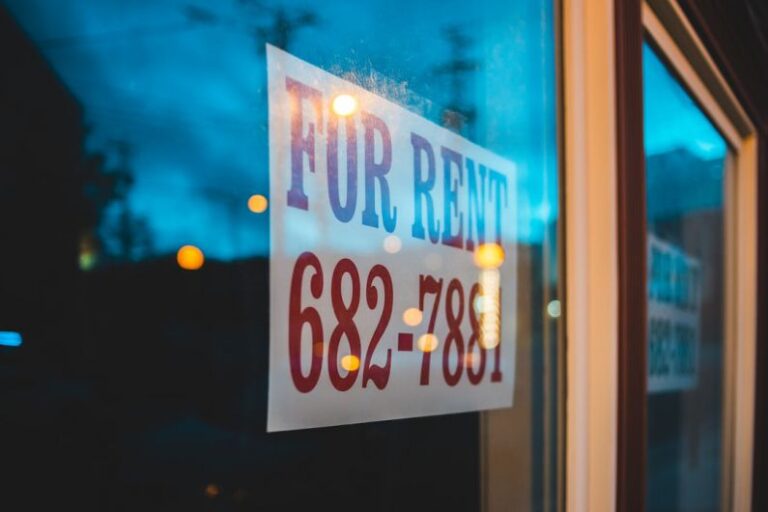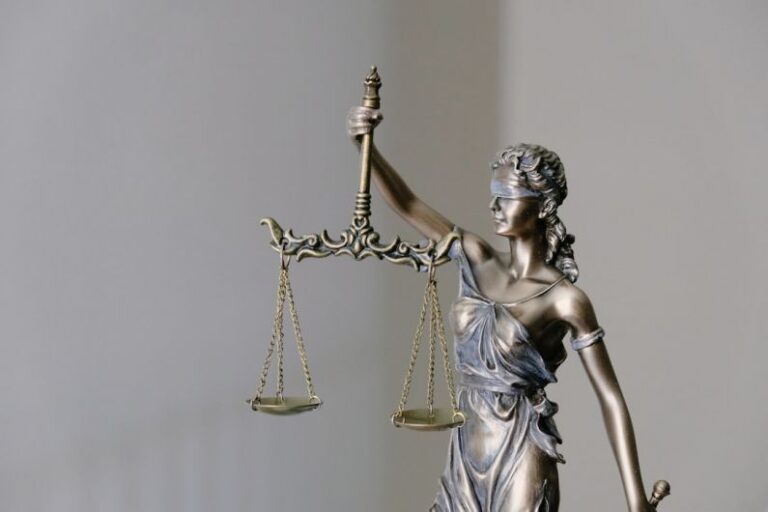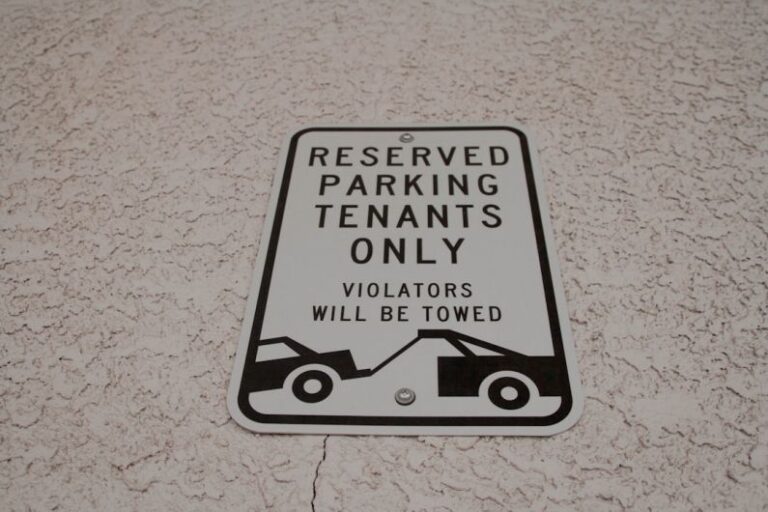
Being a landlord comes with a unique set of rights and responsibilities that must be upheld to ensure a successful and harmonious landlord-tenant relationship. Understanding these rights and responsibilities is crucial for both landlords and tenants to avoid conflicts and maintain a positive rental experience. Let’s delve into the key aspects that landlords should be aware of when renting out their property.
**Know Your Rights as a Landlord**
As a landlord, you have several rights that are protected by law to safeguard your property and investment. These rights include the following:
**1. Right to Screen Tenants**
One of the most significant rights of landlords is the ability to screen potential tenants before entering into a rental agreement. You have the right to conduct background checks, verify employment and income, and request references to ensure that you are selecting reliable and responsible tenants.
**2. Right to Collect Rent**
Landlords have the right to collect rent from tenants in a timely manner as outlined in the lease agreement. It is essential to establish clear payment terms, including the amount of rent, due date, and acceptable payment methods to avoid any misunderstandings.
**3. Right to Enter the Property**
Landlords have the right to enter the rental property for specific reasons, such as making repairs, conducting inspections, or showing the property to potential tenants or buyers. However, it is important to provide proper notice to tenants as required by state laws to respect their privacy.
**4. Right to Evict**
In cases where tenants violate the lease agreement or fail to pay rent, landlords have the right to evict them following the legal eviction process. It is crucial to follow the eviction laws in your state to protect your rights and avoid any legal repercussions.
**Understand Your Responsibilities as a Landlord**
While landlords have certain rights, they also have a set of responsibilities that must be fulfilled to maintain a safe and habitable rental property. These responsibilities include the following:
**1. Provide a Safe and Habitable Property**
One of the primary responsibilities of landlords is to provide a safe and habitable living environment for tenants. This includes ensuring that the property meets health and safety standards, addressing any maintenance issues promptly, and complying with building codes and regulations.
**2. Maintain the Property**
Landlords are responsible for maintaining the rental property in good condition throughout the tenancy. This includes making necessary repairs, addressing maintenance requests in a timely manner, and keeping the property in a state of good repair.
**3. Respect Tenants’ Privacy**
Landlords must respect their tenants’ privacy rights and provide proper notice before entering the rental property. It is essential to communicate effectively with tenants and schedule any necessary visits or inspections at convenient times.
**4. Handle Security Deposits Properly**
Landlords are responsible for handling security deposits in accordance with state laws. This includes collecting security deposits, documenting the property’s condition before and after the tenancy, and returning the deposit to tenants within the required timeframe.
**Conclusion: Ensuring a Successful Landlord-Tenant Relationship**
In conclusion, being a landlord entails a balance of rights and responsibilities that are essential for maintaining a positive landlord-tenant relationship. By understanding and upholding your rights and fulfilling your responsibilities, you can create a mutually beneficial rental experience for both parties. Effective communication, clear expectations, and adherence to laws and regulations are key to ensuring a successful and harmonious rental arrangement.





